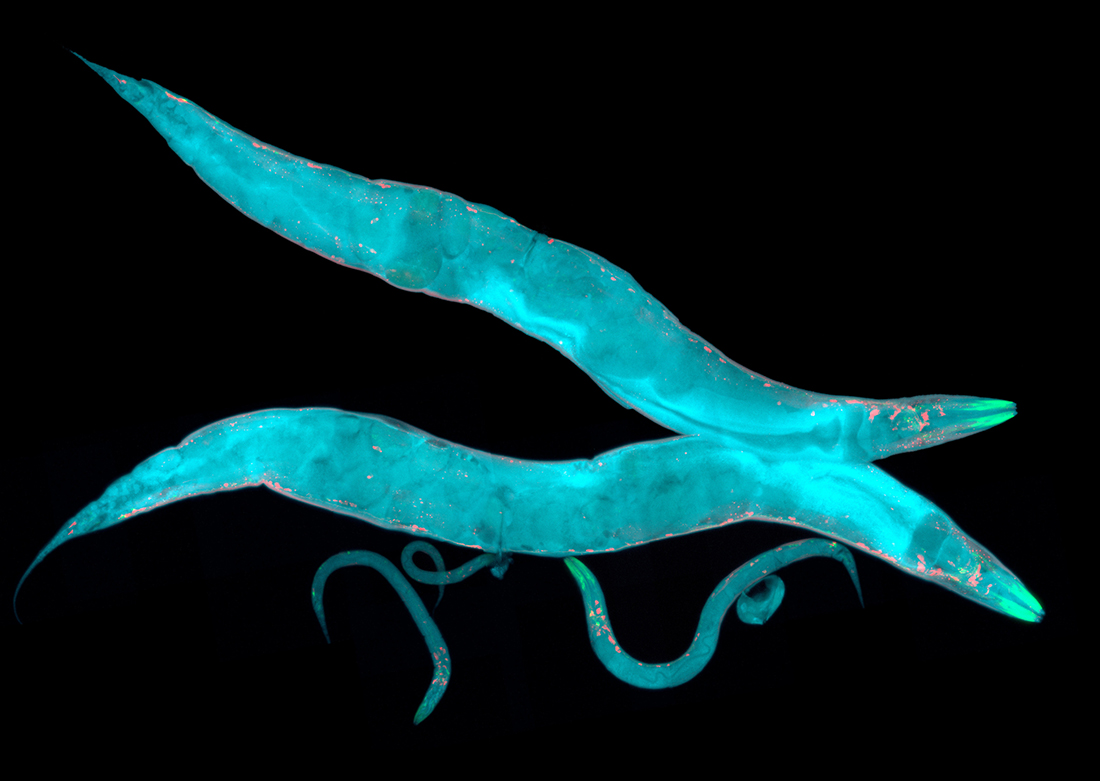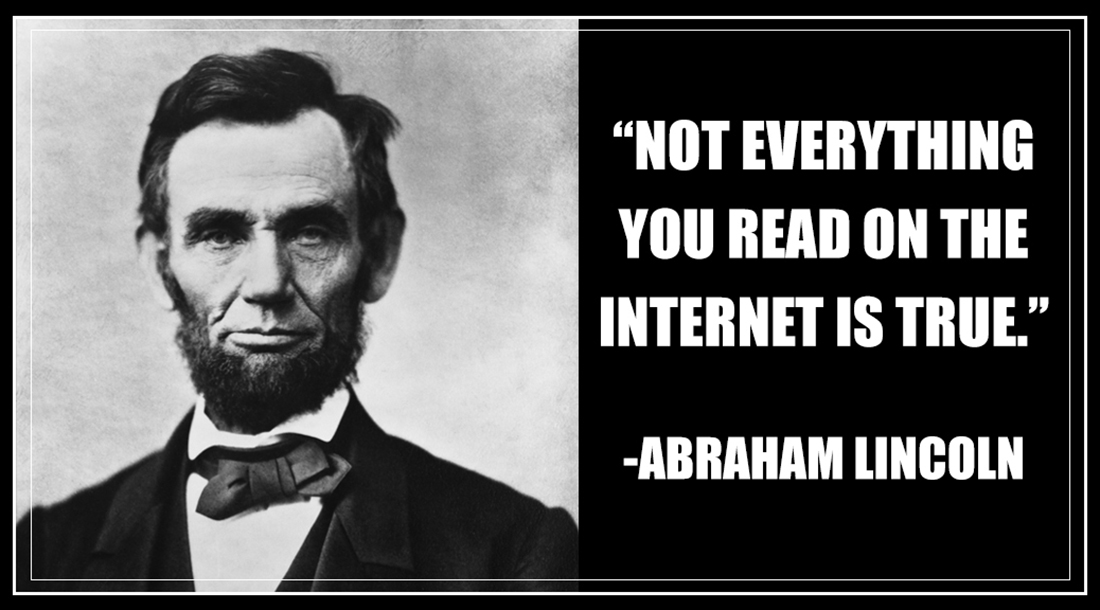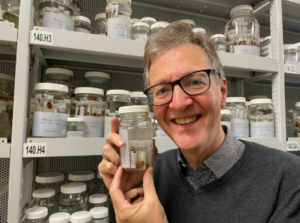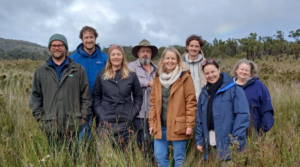In recent years, researchers have become curious about curiosity. Why are people curious? What are the benefits of a curious mind?
Their findings show that curiosity makes learning easier and boosts problem-solving ability.
In a time of uncertainty about the future, curiosity is a critical skill for finding a way forward.
Curiouser and curiouser
Researchers largely understand human curiosity as being linked to learning and information seeking.
In terms of our evolution, it makes sense for humans to be curious about the world around them.
Professor Celeste Kidd studies curiosity and learning at the University of California, Berkeley where she runs the Kidd Lab.
“Curiosity is the driving force behind everything we know,” she says.
But she says curiosity isn’t limited to people.
“It’s all species who learn, at a minimum,” Celeste says, “and a case can be made for C. elegans even.”
So even the tiny roundworm Caenorhabditis elegans is curious, it seems.

Curiosity and learning
Emerging research on curiosity suggests curiosity is linked to problem solving and creativity.
In the words of brilliant physicist Albert Einstein, “I have no special talent – I am only passionately curious.”
Curiosity helps us learn better, the research suggests. Specifically, we’re better at learning things we’re curious about.
It also improves our memory. For example, you might remember the logo on the T-shirt of the person who taught you something you were interested in.
Curious about an uncertain future
Celeste’s research found we’re most curious when we feel uncertain about something.
“Uncertainty indicates that there’s valuable knowledge available,” she says.
“By contrast, certainty indicates you know everything there is to know so there’s no point in continuing to be curious because there’s nothing further to be gleaned.”
This is sensible, she says, because it guides us towards what is most useful for us to learn.
In these rather uncertain times, curiosity can help us to focus on the most pressing issue. This could explain the growing interest in sustainability, the circular economy and ethical data use.
What’s next?
Celeste and her team are now curious about a growing global problem: the psychology of fake news.
“We are especially interested lately in why people sometimes believe things that aren’t true and why these unjustified beliefs can be so stubborn,” she says.

“We are also working on how humans form beliefs online.”
This extends to all beliefs, not just those based on false information.
Celeste and her team are investigating the role algorithms and internet-enabled confirmation bias play in how we form beliefs online.
Hopefully, their curiosity can provide some solutions to this increasingly divisive problem, and it wouldn’t hurt if we were all a bit more curious about what we learn online.









